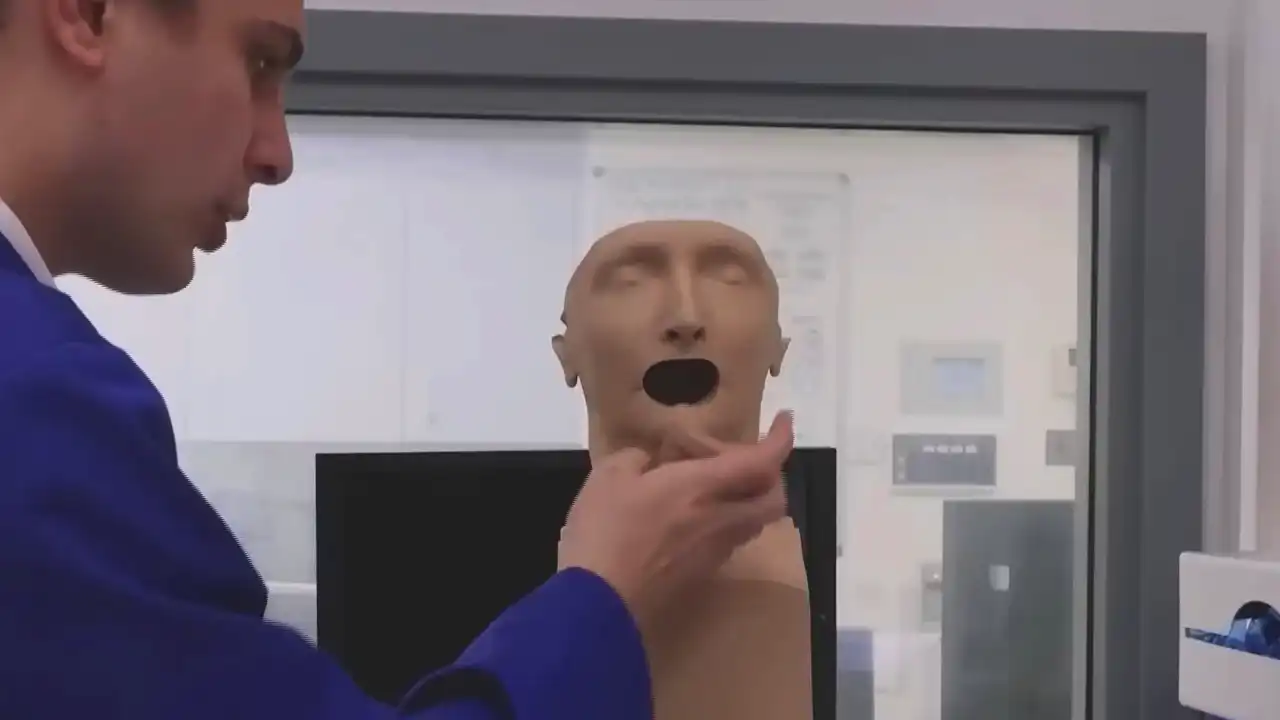Biomedical engineering students at King’s College London have developed synthetic organs designed to reduce dependence on cadavers and animal bodies during medical training and research.

Their “Peach Simulators,” built with advanced 3D modelling, closely mimic the texture and structure of human tissue, giving trainees a safer, more consistent way to practise procedures.
Cadavers have long served medical education, yet collecting, preserving, and transporting them to classrooms often creates logistical and ethical challenges. To address these issues, the student team has focused on creating lifelike artificial organs using patient scans and precision-engineering methods.
The models are produced with polymers, rubber, hydrogels, and other specialty materials. Artificial hearts, lungs, and similar structures look and feel close to real human organs, allowing students, clinicians, and surgeons to rehearse delicate tasks without risk.
A member of the research group says these synthetic organs also support testing for AI-driven tools and emerging medical technologies. Because animal anatomy differs from human anatomy, engineered replicas offer more reliable trial conditions. So far, the team has created models for cardiology, urology, and several other fields.
The students aim to expand their work, hoping to bring wider training and testing options to medical schools, hospitals, and technology developers in the coming years.


